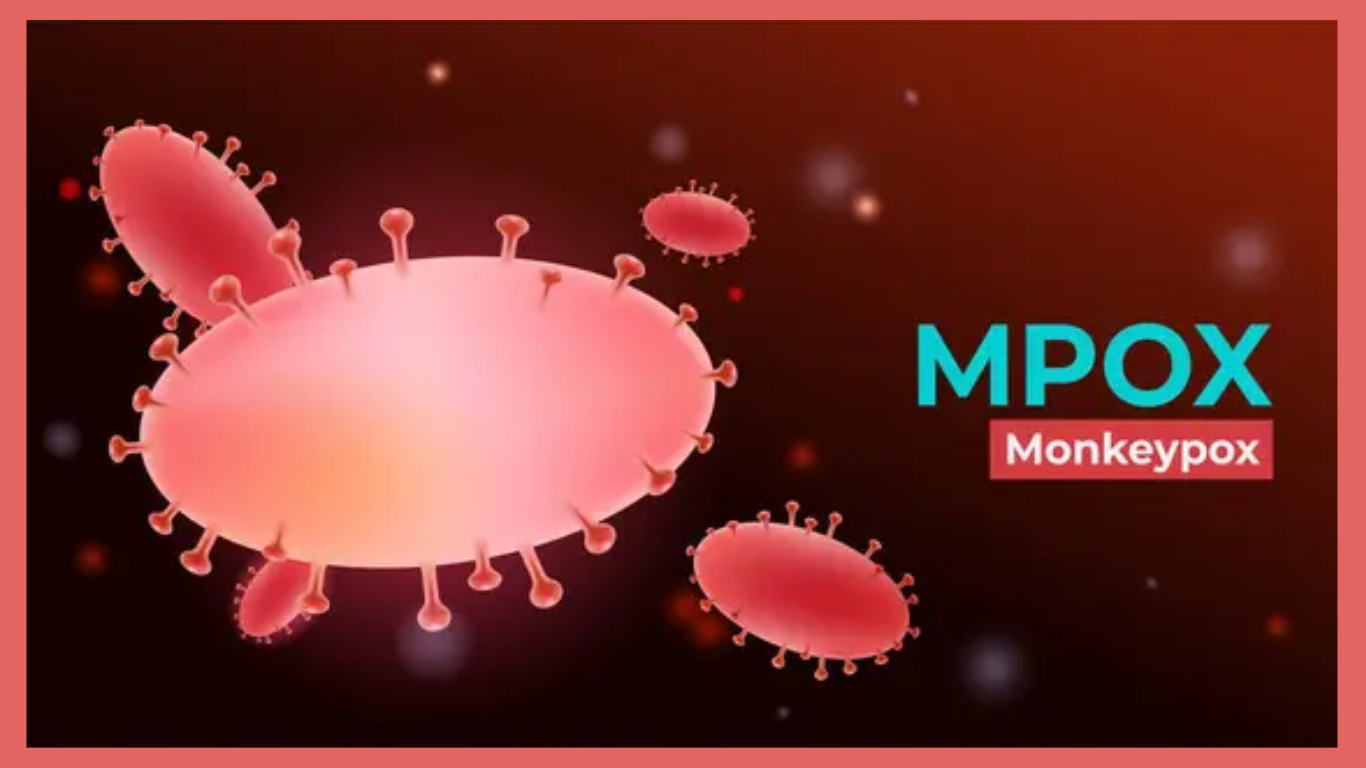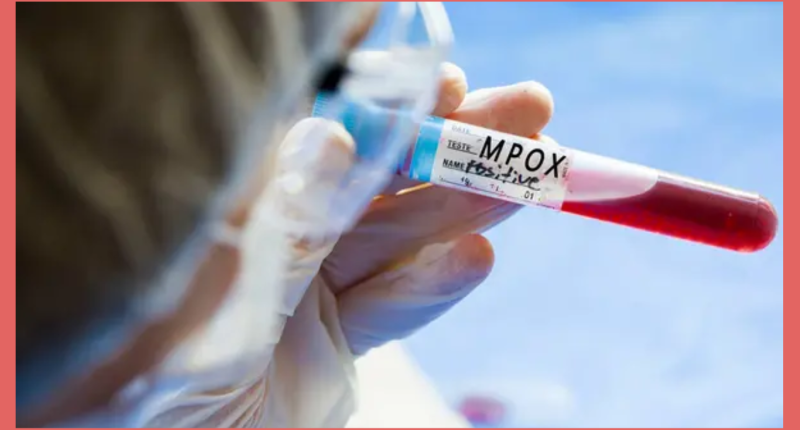The World Health Organization (WHO) has issued a critical warning regarding the resurgence of new mpox cases, formerly known as monkeypox, with at least 100 new cases reported in Europe each month. This alarming trend coincides with a devastating outbreak in Africa, where the virus has caused over 400 deaths this year alone. As health officials emphasize the need for international cooperation to combat this potentially deadly infection, the situation demands immediate attention and action.

Current Situation of Mpox in Europe
Recent data reveals a concerning rise in mpox cases across Europe, with health authorities registering 100 new cases monthly. The European Centre for Disease Prevention and Control (ECDC) has indicated that while the likelihood of sustained transmission in Europe remains low, the risk of imported cases from Africa is significant. This warning comes in the wake of Sweden’s detection of the first case of a new, more transmissible variant of mpox, known as clade 1b, outside of Africa.
Hans Kluge, WHO’s regional director for Europe, stated, “We can and must tackle mpox together. How we respond now will prove a critical test for Europe and the world.” This statement underscores the urgency of the situation, as European countries must remain vigilant and prepared for potential outbreaks.
The Dire State of Mpox in Africa
The situation in Africa is dire, with more than 15,000 mpox cases and 461 deaths reported in 2024 alone. This represents a staggering 160% increase in cases compared to the same period in 2023, while deaths have risen by approximately 19%. The outbreak is primarily driven by the clade 1b variant, which appears to spread more easily through close contact.
The Democratic Republic of the Congo (DRC) has been particularly hard hit, with over 500 deaths attributed to mpox, primarily affecting vulnerable populations. Dr. Matshidiso Moeti, WHO’s regional director for Africa, highlighted the need for coordinated international efforts to curb the outbreak, stating, “Significant efforts are already underway in close collaboration with communities and governments” to address the crisis.
Understanding Mpox: Symptoms and Transmission
Mpox presents with a range of symptoms that can include:
- High fever
- Headache
- Muscle aches
- Backache
- Swollen lymph nodes
- Exhaustion
- Joint pain
A distinctive rash typically appears one to five days after the onset of initial symptoms, beginning on the face and spreading to other parts of the body.
Transmission occurs through close contact with infected individuals or animals, as well as by touching contaminated materials. The virus enters the body through cuts or abrasions in the skin or mucous membranes and can be transmitted during sexual contact. The emergence of the more transmissible clade 1b variant raises concerns about its potential for rapid spread, necessitating increased awareness and preventive measures.
WHO’s Global Health Emergency Declaration
On August 14, 2024, the WHO declared the mpox outbreak a public health emergency of international concern (PHEIC). This declaration was made following a review of data by an independent committee, which noted the rapid spread of mpox in the DRC and its neighboring countries. Dr. Tedros Adhanom Ghebreyesus, WHO’s Director-General, emphasized the need for a coordinated international response to prevent further outbreaks and save lives.
This declaration marks the second time mpox has been classified as a global health emergency, with the first occurring during the 2022 outbreak that affected countries outside Africa for the first time. The current outbreak, driven by clade 1, is considered to cause more severe illness and higher mortality rates than previous strains.
Preventive Measures and Recommendations
In light of the rising cases, health authorities are urging individuals to take preventive measures to reduce the risk of infection. The NHS recommends the following guidelines:
- Hand Hygiene: Regularly wash hands with soap and water or use an alcohol-based hand sanitizer.
- Communication: Discuss sexual health and any symptoms with partners, especially if new sexual partners are involved.
- Awareness of Symptoms: Be vigilant for mpox symptoms, particularly if sexually active.
- Avoid Close Contact: Refrain from intimate contact if experiencing symptoms until evaluated by a healthcare professional.
- Avoid Sharing Items: Do not share bedding or towels with individuals suspected of having mpox.
- Stay Away from Wild Animals: Avoid contact with wild or stray animals, particularly in areas where mpox is endemic.
FAQs
Q. What is mpox?
A. Mpox is a viral disease caused by the Orthopoxvirus, first detected in humans in 1970. It is endemic in certain regions of Africa and has recently gained attention due to outbreaks outside of its traditional areas.
Q. How is mpox transmitted?
A. The virus spreads through close contact with infected individuals or animals, as well as by touching contaminated surfaces. It can also be transmitted during sexual contact.
Q. What should I do if I suspect I have mpox?
A. If you exhibit symptoms consistent with mpox, it is crucial to seek medical attention promptly. Avoid close contact with others until you have been evaluated by a healthcare provider.
Q. Are there vaccines available for mpox?
A. Vaccines are available for certain high-risk groups, and health authorities recommend vaccination for individuals traveling to areas affected by mpox outbreaks. However, widespread vaccination for the general population has not been implemented at this time.
Conclusion
The growing threat of mpox, particularly with the emergence of new variants, highlights the urgent need for international cooperation and effective public health strategies. As Europe braces for potential imported cases, proactive measures, increased awareness, and coordinated responses will be essential in curbing the spread of this infectious disease. The WHO’s declaration of a global health emergency serves as a reminder that the fight against mpox is far from over, and the world must remain vigilant to prevent history from repeating itself.
Also Read | New Monkeypox Symptom: Ulcer At Mouth’s Corner Can Be 1st Sign of Monkeypox Infection









